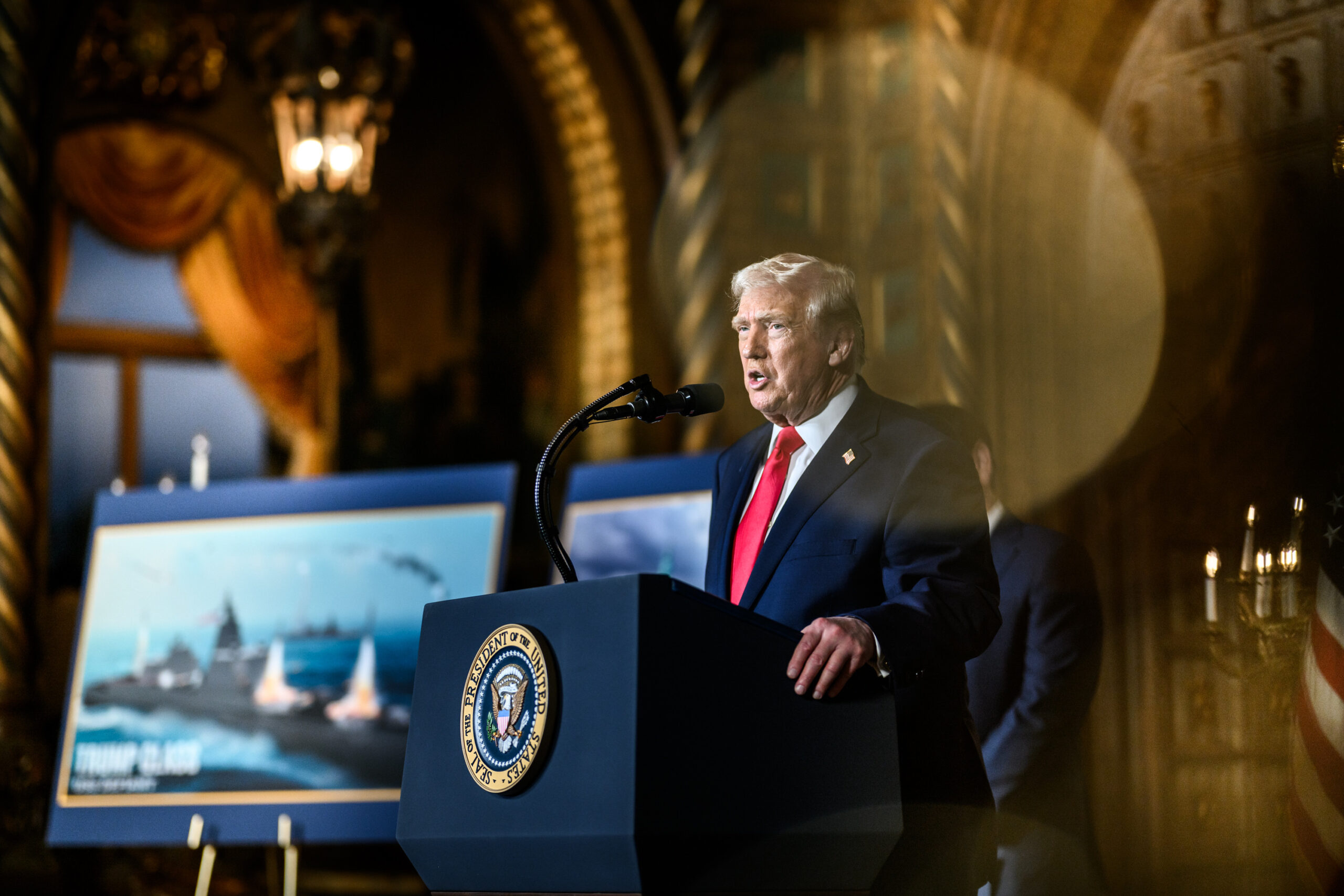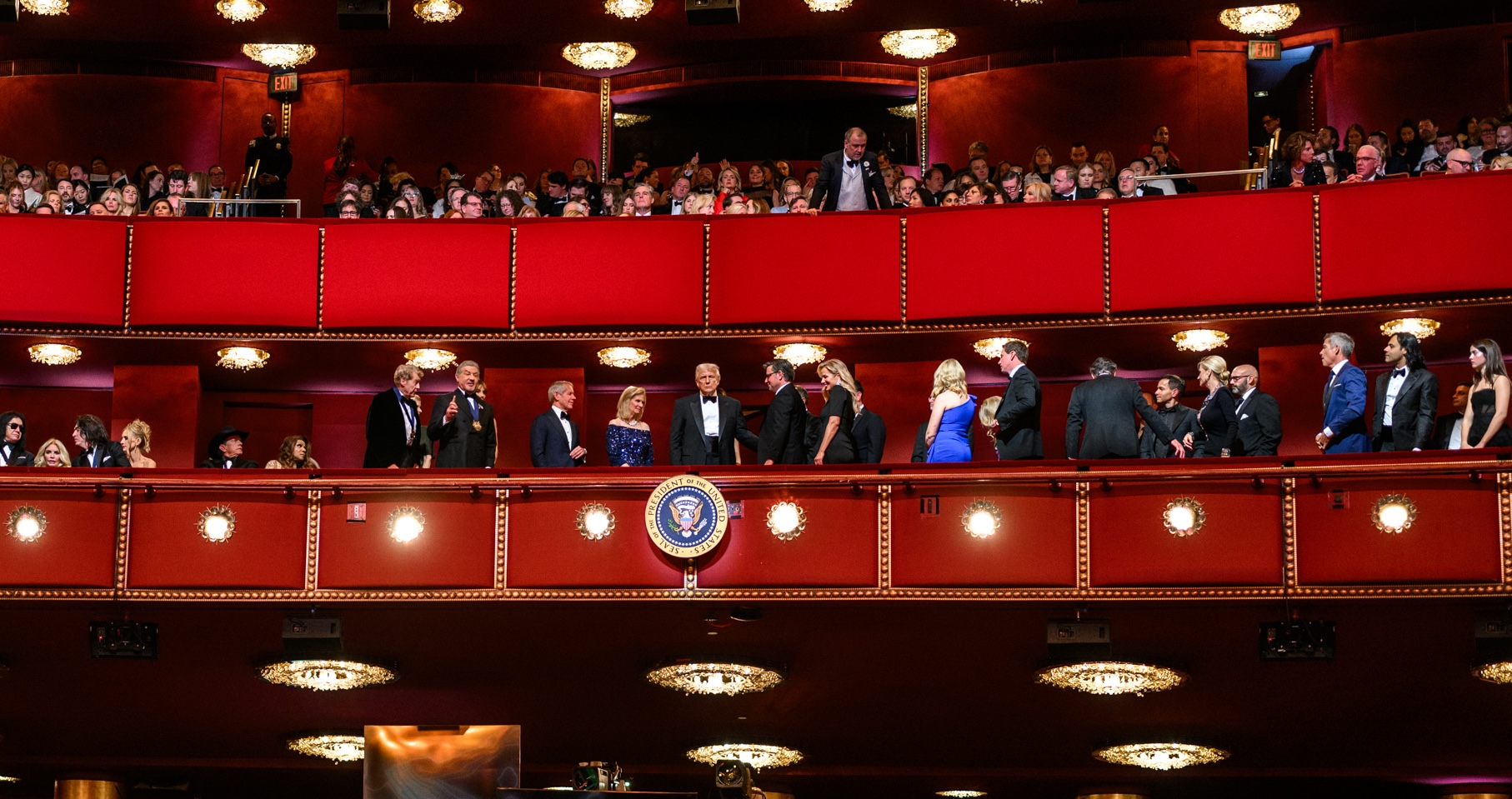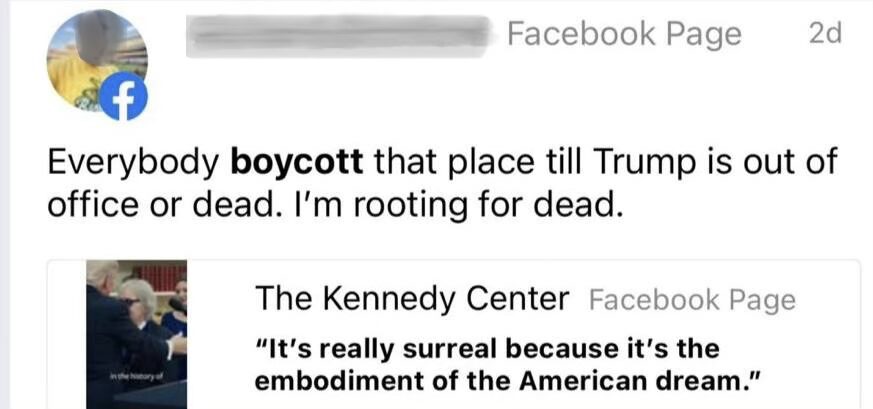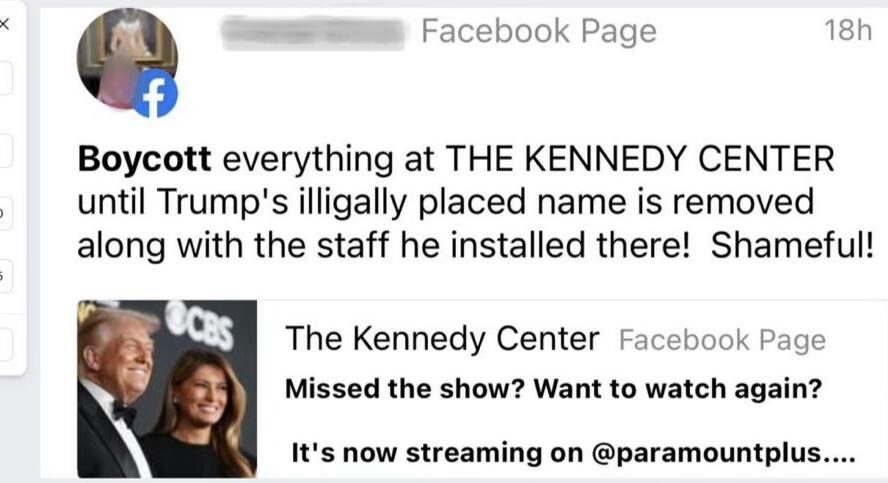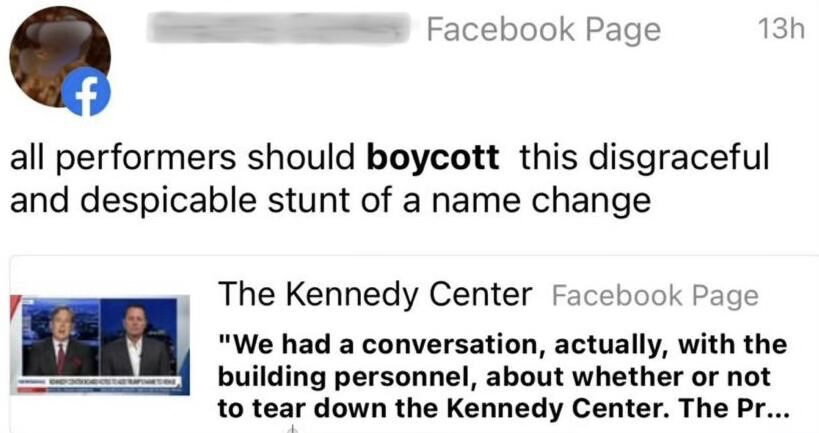The Tenth Day of Christmas (January 3) honored the Holy Name of Jesus. Notably, the name was not chosen by the Virgin Mary or St. Joseph but revealed by the Archangel Gabriel, who told the Virgin Mary, “Fear not… thou shalt conceive in thy womb, and bring forth a son, and shalt call his name Jesus.”
The name means “God saves” or “God is salvation,” perfectly expressing both Christ’s purpose. St. Paul captured the exalted place of the Holy Name in Christian faith when he wrote that it is “above every name,” and that “at the name of Jesus every knee should bow” and “every tongue should confess that Jesus Christ is Lord, to the glory of God the Father.”
For centuries, Christians showed respect by slightly bowing their heads whenever the name of Jesus was spoken or heard. In an era when the Holy Name is too often reduced to a casual exclamation—even among those who otherwise value tradition—the Feast of the Hoyl Name can offer a gentle reminder to treat it with some reverence.
Today, the Eleventh Day of Christmas, marks Epiphany in the United States—although many other countries will still observe this on its traditional date of January 6. Epiphany commemorates the arrival of the Magi, also known as the Three Kings of Wise Men, to adore the newborn King in Bethlehem.
The Three Kings represent the Gentile nations, showing that Jesus is not only the promised Messiah of Israel but the Savior of all men As the Lord would later teach, “many shall come from the east and west, and shall sit down with Abraham, and Isaac, and Jacob, in the kingdom of heaven.”
Children in many cultures receive a second round of gifts on Epiphany, popularly known as Three Kings Day, symbolizing the presents the Magi brought to the Christ Child. For this reason, it is sometimes called “Little Christmas”—the perfect occasion to surprise a child with something they had hoped for but did not find under the tree on December 25.
In Ireland, Epiphany was once known as Women’s Christmas. Men traditionally took over household duties and prepared a special dinner—often roast goose—so their could enjoy a well-earned rest after all their cooking and hosting over the festive period. Families inclined toward traditional roles might find the gesture a charming way to mark the day.
One culinary tradition is the baking of a king cake, which varies by region but frequently contains a hidden figure of the baby Jesus. Whoever finds it in their slice is declared king or queen for the day and often enjoys a small prize or special privilege.
In Catholic countries, many families will invite a priest to bless their house. Alternatively, the father of the household can perform a similar rite, sprinkling each room with holy water while praying for peace in the home and all who live in it. One traditional prayer recalls the journey of the Magi: “From the east came the Magi to Bethlehem to adore the Lord; and opening their treasures they offered precious gifts: gold for the great King, incense for the true God, and myrrh in symbol of His burial.”
Another custom is chalking the door. Above the main entrance of the home, the head of the household inscribes the year with the initials C ☩ M ☩ B and the numbers of the current year. The letters stand for the traditional names of the three kings—Caspar, Melchior, and Balthasar—and also for the Latin blessing Christus Mansionem Benedicat: “May Christ bless this house.”
Such small acts root the Christmas season in the home, carrying its grace into the new year—and reminding all who enter of the central place of Christ, the King revealed to the nations on Epiphany.
Join Pulse+ to comment below, and receive exclusive e-mail analyses.
show less

